Dogs are known to eat stuff they shouldn’t. And dog owners know all too well the dangers when their dog does that. Whether that’s leftovers scraps on the floor or going dumpster diving, you should control your pet and not let it eat what it wants.
But that’s easier said than done. Seeing as our pets have no way to know that what they’re doing is potentially dangerous, the task is left to us.
So in this article, we will tell you what to do if your dog eats something it shouldn’t.
Get It Out of Its Mouth
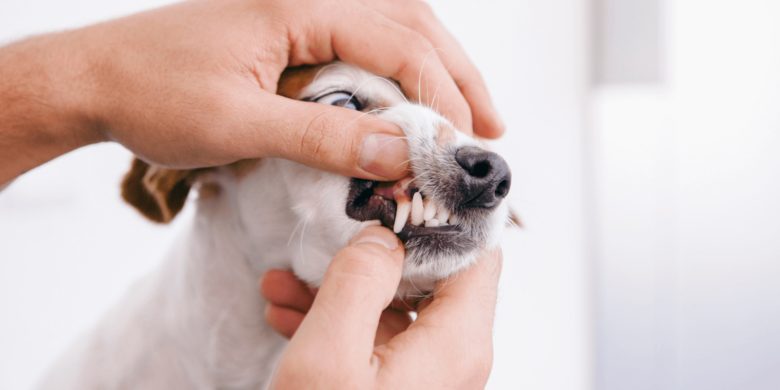
Source: thepetlifestyleguru.com
Whenever our dogs put something they shouldn’t into their mouth, the general rule of thumb is to quickly get it out before it swallows it. The sheer thought is enough to evoke feelings of anxiety and panic in dog owners, as there are hundreds of things that can be potentially harmful to our canine companions.
From poisonous foods to sharp objects, our furry friends have no way of knowing what they’re putting into their mouths.
So the easiest thing to do is grab their mouth and quickly get it out before they swallow it.
How To Know If Your Dog Has Eaten Something It Shouldn’t?
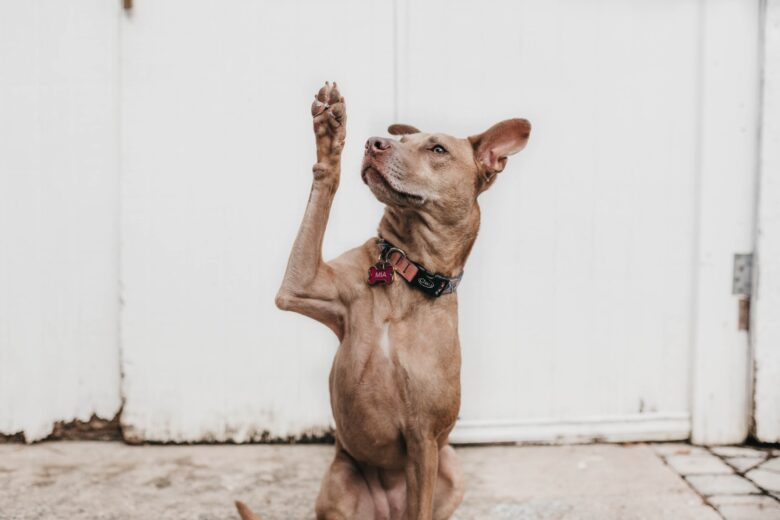
Source: unsplash.com
Even if we love and adore our canine companions, we can’t be by their side 24/7. We are doomed to miss a few things in their life, and sometimes we won’t be looking when they eat that leftover sausage.
But there are signs we can notice that point this out. If your canine companion has ingested something foreign or toxic, these are the signs and symptoms to look for:
- Vomiting – This is the easiest sign and symptom to notice. If your dog has ingested something rotten, chances are it will start vomiting or start gagging.
- Pain in the abdomen area – Bad foods can cause all sorts of problems, but they can also cause pain in the abdomen area. Your dog will most likely notify you of the pain by letting out unpleasant sounds.
- Lack of appetite – If your canine companion has ingested rotten foods, toxic foods, or any other kind of bad food that negatively impacts them, they will most likely lose appetite. If you notice that your dog isn’t eating lately, then chances are it is sick from the foreign food it consumed.
- Changes in behavior – Apart from visible signs, your canine will also change its behavior. If your pet is mostly uplifting and positive, then do expect some mood changes. This is mostly due to the negative impact of the bad foods it has consumed.
- Changes in bowels – And the last sign and symptom to look out for are bowel changes. Diarrhea and constipation are far too common signs that point out digestive problems.
Foods Your Dog Shouldn’t Eat
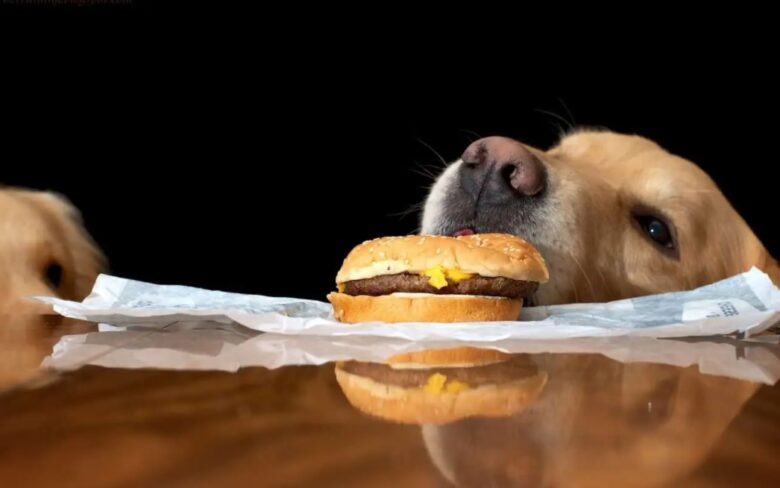
Source: newdoggy.com
Now, let’s take a look at some of the more common foods your dog should never eat.
- Chocolate and any other sweets that are made out of milk
- Grapes, raisins, and macadamia nuts as your canine can be potentially allergic to it
- Garlic and onion don’t mix well with dogs
- Avocado
- Yeast dough
- Apple cores
- Anything made from Xylitol ( usually found in candy)
- Salty foods
- Caffeine and alcoholic beverages
- Strong chemicals such as cleaning products and medicine designed for humans
Foods Your Dog Can Eat
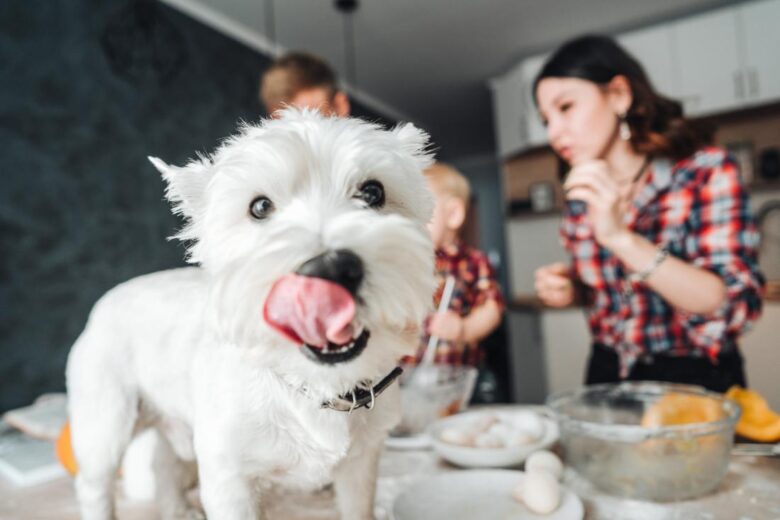
Source: medicalnewstoday.com
And now, let’s take a look at a few foods that your dog can eat.
- Carrots are a great source of vitamins, minerals, and fibers
- Peanut butter as dogs love it and is safe for them
- Eggs are perfectly safe and provide your canine with a good source of nutrition’s
- Salmon, cooked and boneless, is a rich source of omega-3 fatty acids and can reduce inflammation in dogs
- Green pepper, and all kinds of bell peppers, is a healthy snack that provides your dog with Vitamins A, C, B6, and E. If you want to know more about why green pepper is good for your canine, then make sure to visit https://dogstruggles.com/can-dogs-eat-green-peppers/
When Is the Time to Call the Vet?
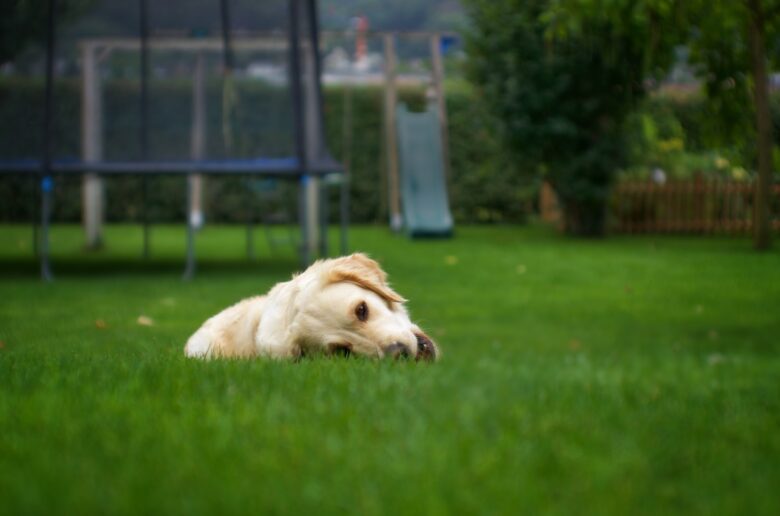
Source: unsplash.com
While the task of keeping your dog safe and healthy falls onto your shoulders, sometimes calling the vet is the smartest thing to do. The vet is a professional that knows what’s wrong with your canine and can quickly point out the problem.
But when is the right time to call the vet and schedule an appointment? Most will agree that it’s better to be safe than sorry. But once you notice significant changes in behavior or extreme vomiting, pain, etc, then it’s time to call the vet.
When on the phone with the veterinarian’s office, make sure to tell them your dog’s age, breed, and weight, describe to them the problem or the food or item that was eaten, how long it happened, how much of the food or item your dog ate, and describe your dog’s signs or symptoms.
This is all the information the veterinarian needs. Upon a quick assessment, they will tell you what to do. They might also ask you to come in for a visit. If the veterinarian’s office is closed, then look for an emergency vet in your area.
Finishing Thoughts
Canines are no strangers to eating stuff they shouldn’t. From tennis balls to leftovers on the floor, it can be a real headache to deal with a dog that doesn’t listen.
But with all that said, the two options you have if your dog does indeed ingest something it shouldn’t is to get it out of its mouth or call the vet as soon as possible.
While the list of foods they shouldn’t eat is right here for you to keep as a reference, you should train your canine not to pick up foods from the ground regardless if you’re outside or indoors. This is the only way to truly know that your dog will be safe from potentially dangerous foods.

